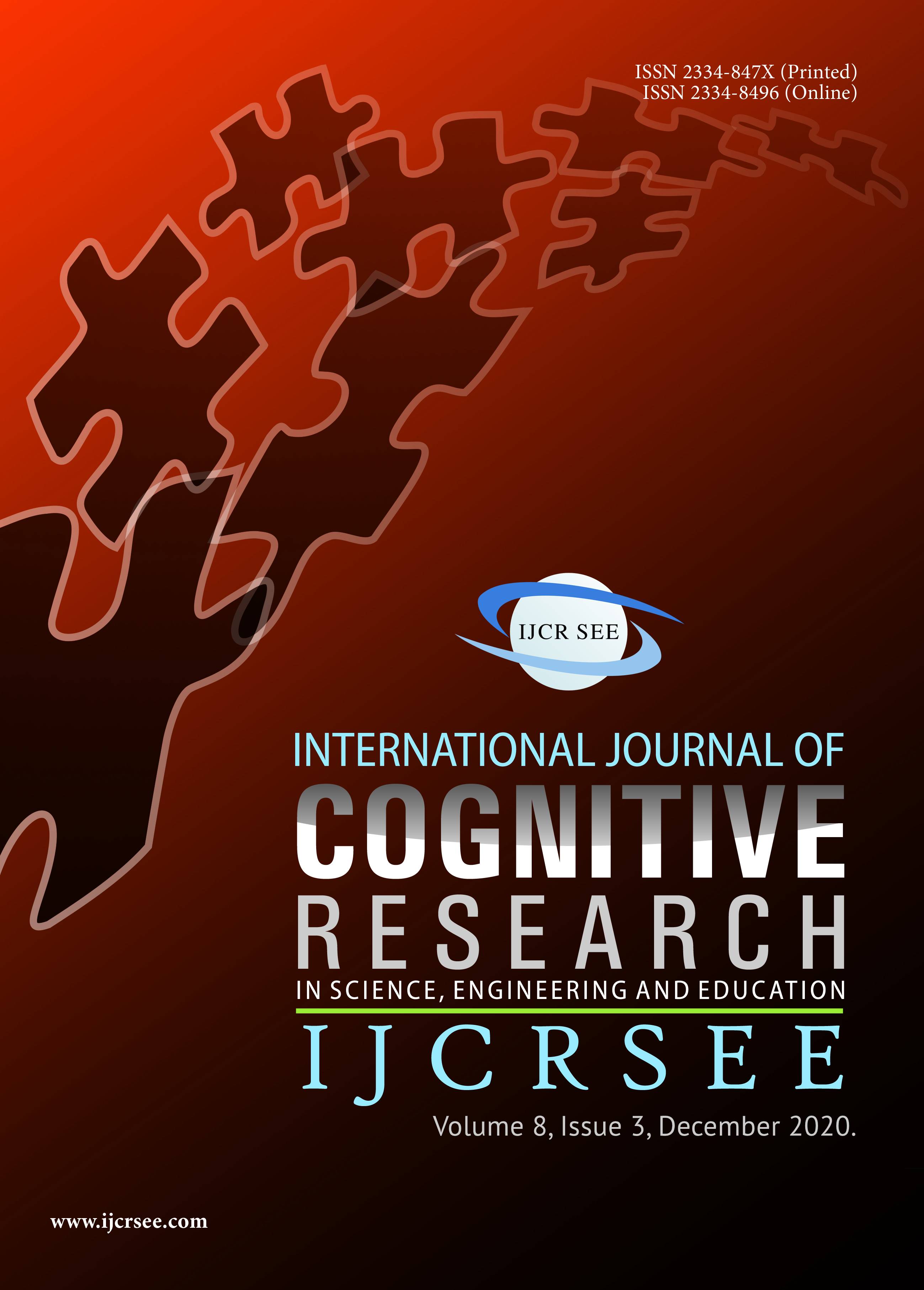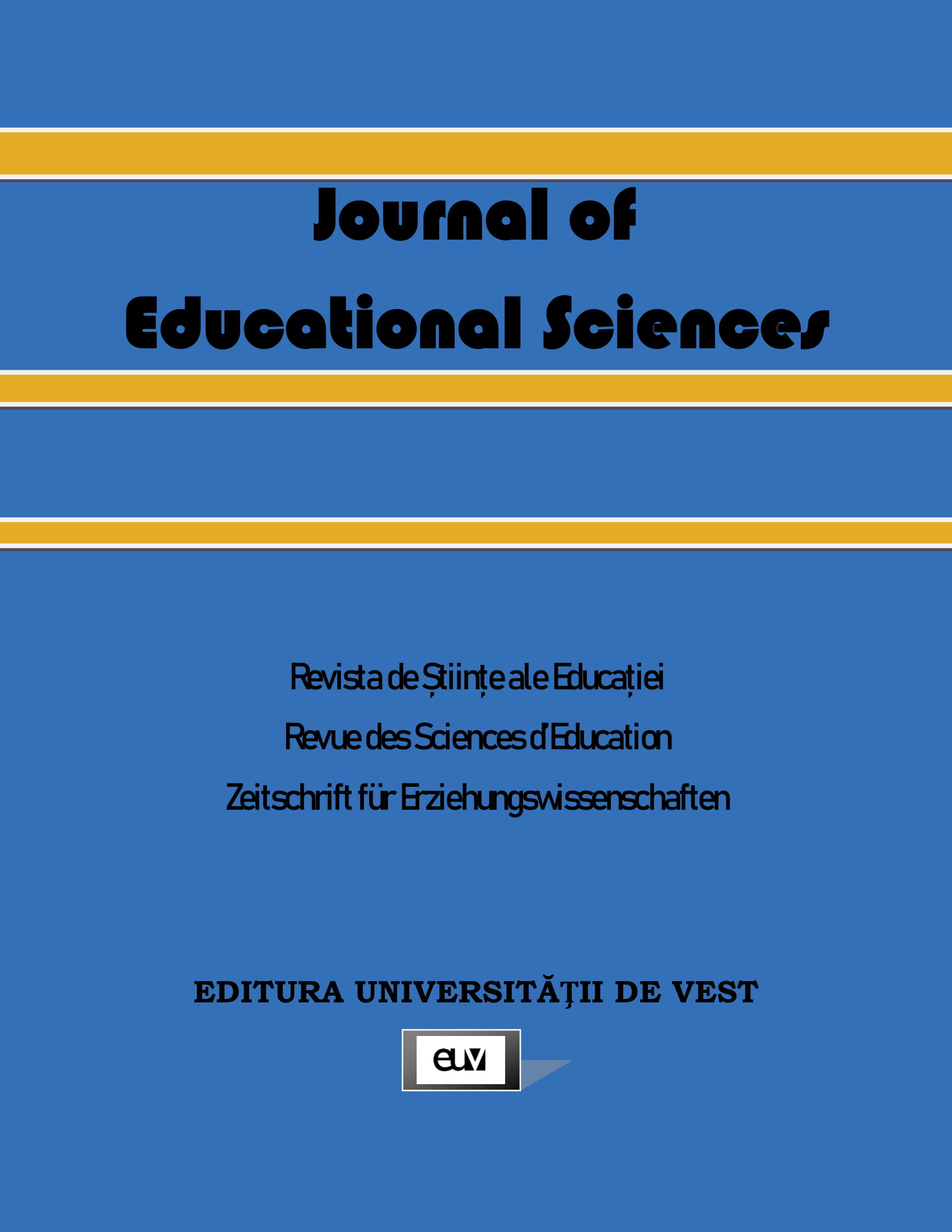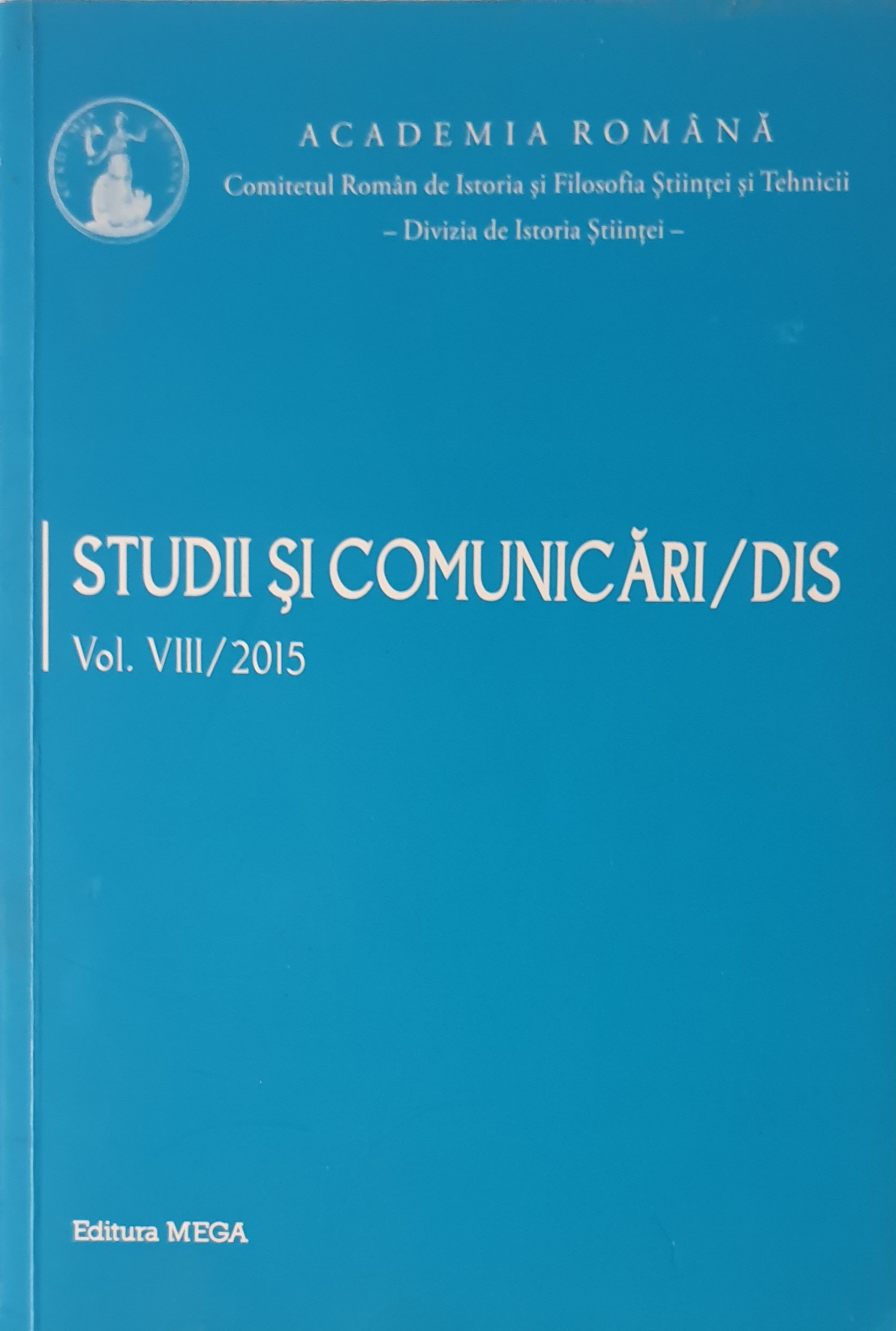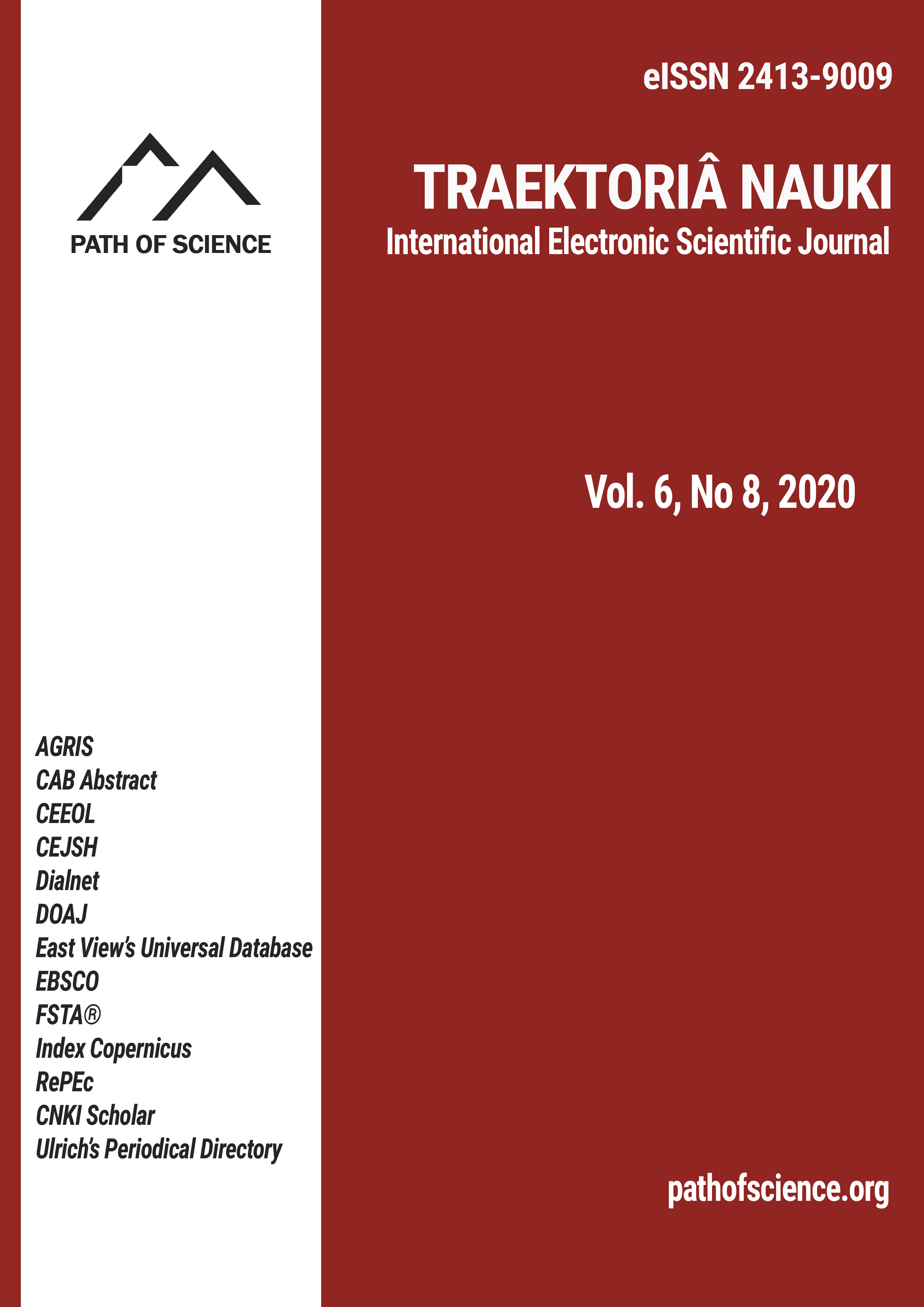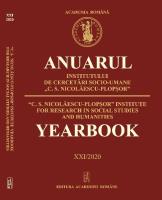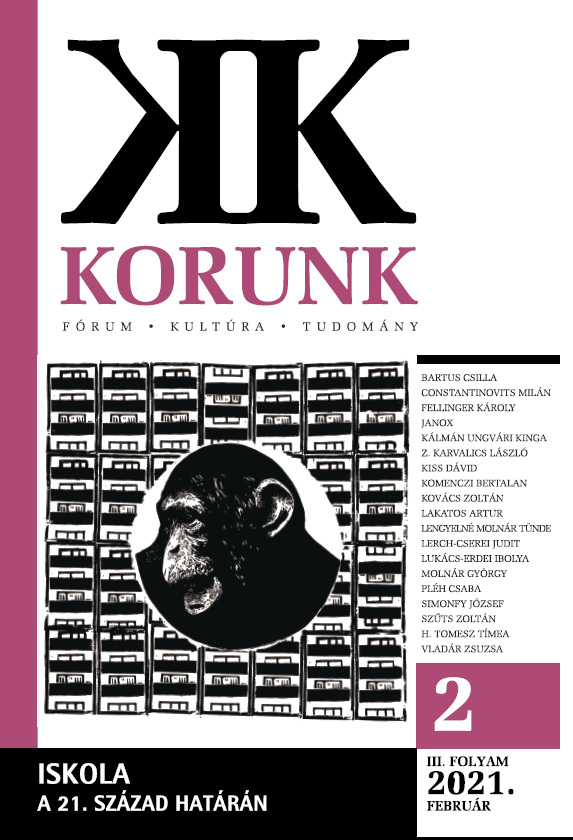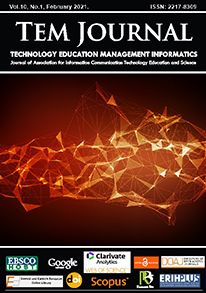Author(s): Kinga Kálmán Ungvári / Language(s): Hungarian
Issue: 02/2021
My paper is aimed at pointing out the challenges that every participant in education has to face at the beginning of the 21st century and at formulating innovative solutions for them. While it is obvious that the task of the school is (always) to prepare the youth for life, for the future, this future is increasingly unforeseeable, and the gap between the generations is unprecedented. What can be done at this border point, what changes need to be made so that education can meet the needs of future generations? Searching for possible answers, my paper outlines some options. The first and particularly important factor is the radical change of the role of educators. The so-called “sage on the stage” is gone; the omniscient, authoritarian teacher is being replaced by the “coach”, the educator playing the role of a facilitator, characterised, in the best case, by the “3 Rs”: resilience, (self-)reflection and reinventing. Yet, besides this, the concept of relevant knowledge also has to change. It does not primarily mean detailed factual knowledge any longer; communication, self-knowledge and the ability of cooperation are now increasingly more valued. At the same time, proper learning is getting reinterpreted, the goal this time being self-reflected learning instead of memorising lexical knowledge. In order to achieve all these changes, the methodological renewal might represent an important step. The introduction of digital teaching methods is not only advisable, but – owing to the impact of the events of the past few months – downright indispensable. I intend to briefly introduce them in the last part of my paper. In conclusion, school is now really on the borderline, educators also have to push their limits in order to find real solutions for the increasingly unexpected challenges.
More...

